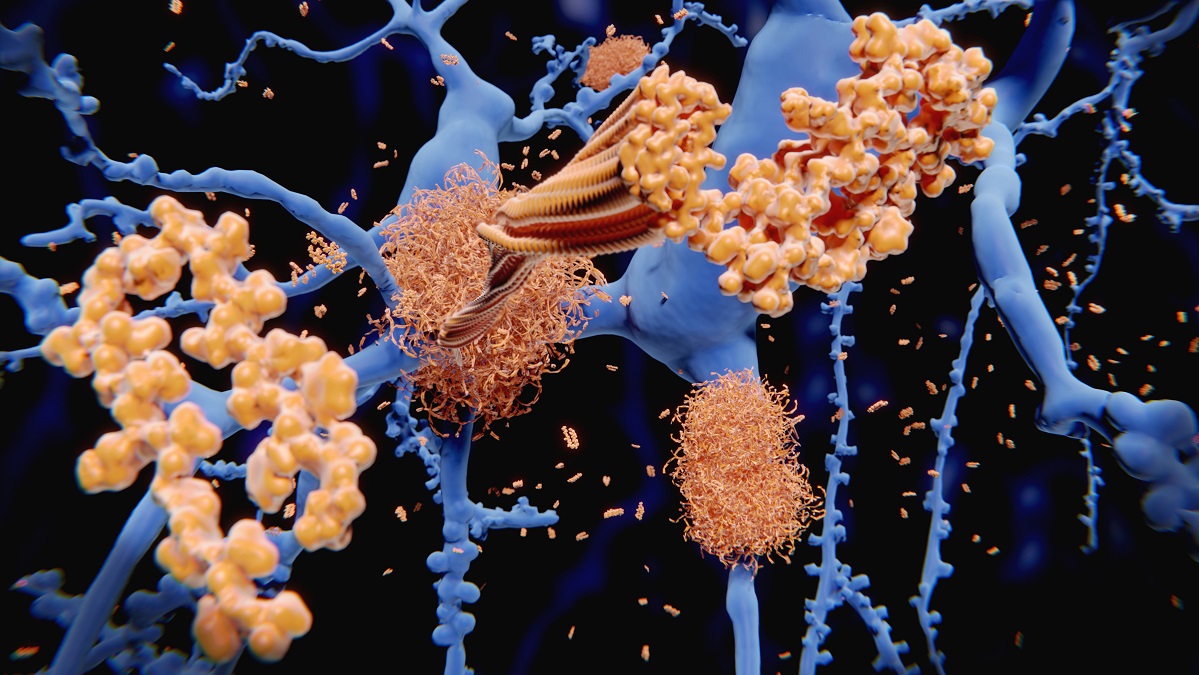We all know eating too much sugar is bad for your waistline, but did you know it can also have a deleterious effect on your brain function?
High blood sugar levels and type 2 diabetes are known risk factors for developing Alzheimer’s disease, but until now little has been known about the cellular mechanism behind this link.
Now, in a paper published in the journal JCI Insight, researchers from Wake Forest University School of Medicine have demonstrated that high levels of sugar in the blood (known as hyperglycaemia) can lead to an increased production of beta-amyloid – the main component of the amyloid plaques found in the brains of people with Alzheimer’s.
Using a mouse model, the researchers demonstrated that the consumption of sugar water, as opposed to regular drinking water, leads to a greater formation of amyloid plaques.
In their study, the researchers hypothesised that a group of metabolic sensors known as ‘ATP-sensitive potassium channels (KATP channels), which are present within neurons in the brain, were responsible for the increased plaque production.
These channels act as a connection between metabolic changes, neuronal activity, and the production of beta-amyloid in the brain.
Working as a kind of energy regulator, KATP channels monitor the availability of adenosine triphosphate (ATP), which is a vital energy source for cellular survival. Disturbing the normal function of these sensors can disrupt the brain’s regular operations.
The researchers then investigated what KATP channels looked like in the brains of individuals diagnosed with Alzheimer’s disease and observed alterations in the presence of these channels.
Dr Shannon Macauley, lead author of the study, told Medical News Today the research showed that a high sugar intake alone could significantly lift your risk of Alzheimer’s.
“In a chronic experiment, if mice are given sugar water instead of regular drinking water, they form more amyloid plaques than mice who drink regular water,” she says.
“This was interesting because this was independent of any change in their diet otherwise. It demonstrates that consummating too much sugar is enough to cause amyloid plaque proliferation and increase the risk of Alzheimer’s disease.”
Dr Macauley added that the team also examined KATP channels in the brains of Alzheimer’s patients post-mortem, and found the KATP pathways changed in structure as the disease progressed, indicating these pathways may actually be involved in that progression.
What are the implications for Alzheimer’s patients?
Like many diseases, the earlier Alzheimer’s can be identified, diagnosed and managed, the better the prospect of the patient living a normal life. So being able to identify early brain markers of the disease adds another warning point.
Dr Macauley says the study gives doctors another ‘therapeutic target’ to focus on when attempting to treat Alzheimer’s.
Is there a history of Alzheimer’s in your family? What about diabetes? Let us know in the comments section below.
Also read: 13 easy ways to keep your brain young and your mind sharp

